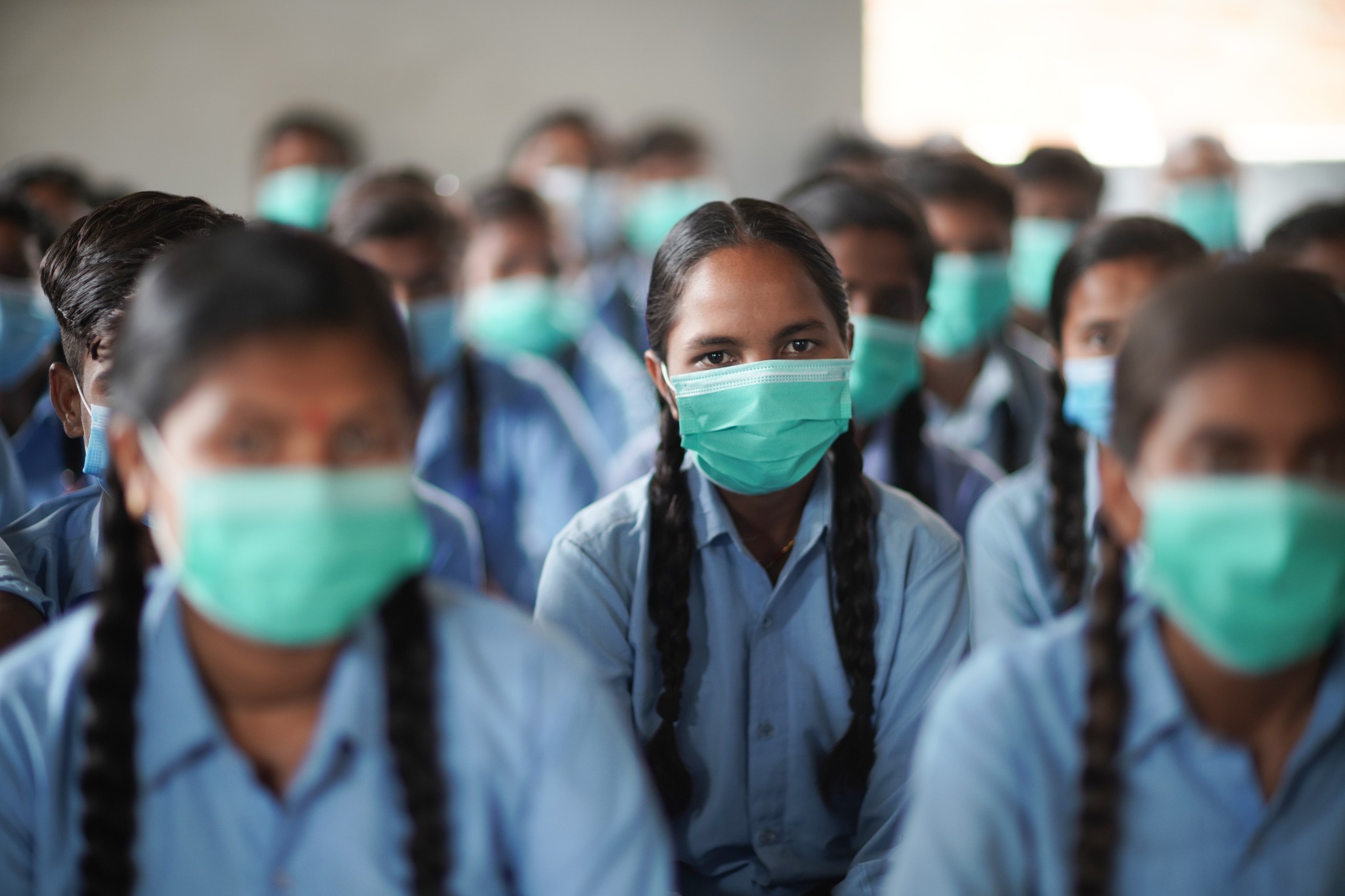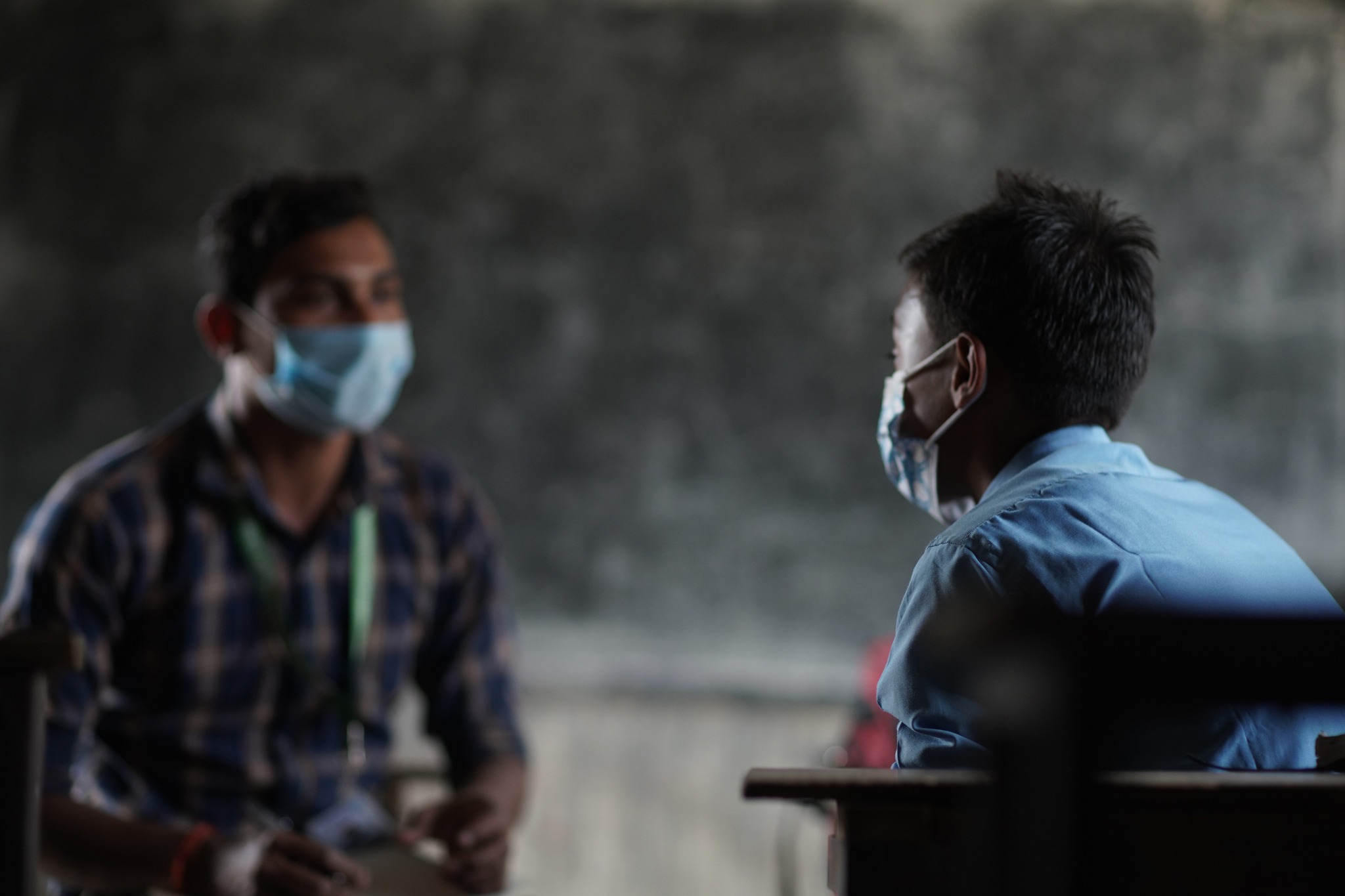Life & Health

With temperatures continuously dropping, more and more people are catching seasonal influenza and are visiting hospitals across Nepal.
What medics find worrying is that some of those suffering from flu-like symptoms could be infected with Covid-19, whose new variant, BM.1.1.3, an Omicron sub-variant, has just been detected in Nepal too.
The Sukraraj Tropical and Infectious Disease Hospital in Kathmandu alone is handling between 20 to 25 influenza patients daily, according to the hospital.
Patient flow is similar in other hospitals inside and outside Kathmandu valley, according to officials.
What’s flu?
According to the World Health Organization, seasonal influenza is an acute respiratory infection caused by influenza viruses which circulate in all parts of the world. It represents a year-round disease burden. It causes illnesses that range in severity and sometimes lead to hospitalisation and death.
The virus is airborne and infect a larger number of people. As it transmits more rapidly from children those who already have an immunocompromised status should take precaution, the health experts warn.
Dr Kamal Raj Thapa, senior consultant pulmonologist at Bir Hospital said: “As this infection is easily transmitted from children to others those who have Chronic Obstructive Pulmonary Disease, a group of diseases that cause airflow blockage and breathing-related problems, should protect themselves.”
“Children who have asthma, elderly and those with low immunity must stay away from those infected with influenza,” he cautioned.
As per WHO, seasonal influenza is characterised by a sudden onset of fever, cough (usually dry), headache, muscle and joint pain, severe malaise (feeling unwell), sore throat and a runny nose. The cough can be severe and can last two or more weeks.
The number of cases of seasonal influenza was less when the Covid’s earlier variants were circulating and a majority of people were wearing masks. But with the decline in Covid cases the number of seasonal influenza cases has started to peak.
Possible cause
Experts suspect mass carelessness could be a reason for the current spike.
Dr Thapa said: “In the past, people were wearing masks and were following health precautions such as maintaining physical distance, using sanitiser etc when coronavirus was peaking. Now few people are wearing masks, making themselves vulnerable to flu infections.”
It is recommended to take rest and remain hydrated during the infection. Most people recover from fever and other symptoms within a week. However, influenza can cause severe illness or death, particularly among high risk groups such as the elderly and pregnant women, the WHO warns.
According to WHO worldwide, these annual epidemics are estimated to result in about 3 to 5 million cases of severe illness, and about 290,000 to 650,000 respiratory deaths.
Covid & flu

The symptoms of coronavirus are similar to seasonal influenza. Symptoms of Covid include fever, body ache, loss of taste and smell, sore throat, fatigue and headache.
Although Covid cases are dropping in Nepal, the risk for the infection remains.
On Sunday, doctors at the Dhulikhel Hospital confirmed the detection of BA.1.1.3 sub-variant of the Omicron coronavirus variant.
Dr Rajiv Shrestha, research chief at Dhulikhel hospital said: “The new variant is the Omicron’s sub-variant. We don’t need to panic much as the severity from the infection has not been reported.”
Yet experts say unvaccinated people must ensure that they have got all doses of Covid vaccine so as to prevent the spread of the infection and its severity. As of November 30, 2022, only 26.8 per cent of the population in Nepal had taken an additional dose of Covid vaccine.
Dr Milan Bajracharya, consultant physician at Sukraraj Tropical and Infectious Disease Hospital said: “We suggest people to undergo Covid test if there is severity such as when fever does not decline even in five days or have difficulty breathing.”
With the rise in flu cases and possibility of further spread of the Covid’s new sub-variant, doctors say, people must wear masks and take adequate health safety measures.
Dr Shrestha said: “People should be aware about the infection. If they have any symptoms such as fever, body ache, runny nose etc then they must get tested. If tested Covid positive, he or she must take extra care and caution and ensure that the virus is not transmitted to other people.”
To help prevent influenza one must practice the same health measures such as maintaining social distance, hand washing and wearing masks, covering one’s cough and sneezes as they were done to prevent Covid infection.
Furthermore doctors advise taking a vaccine against influenza.

_11zon1681280198.jpg)




